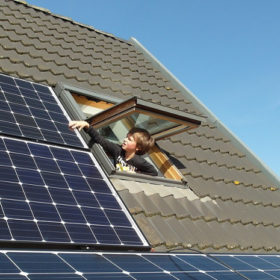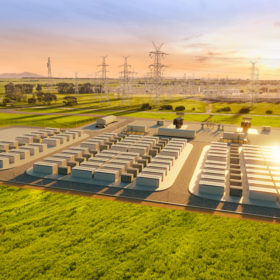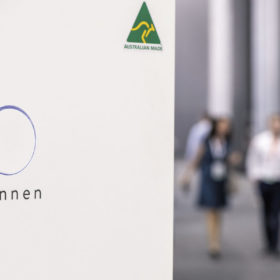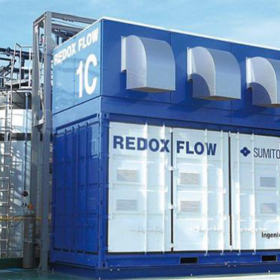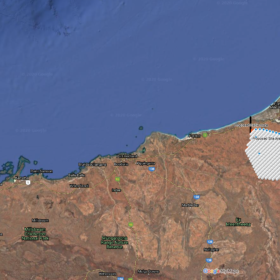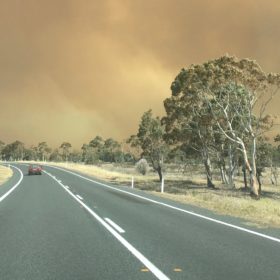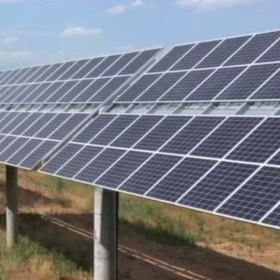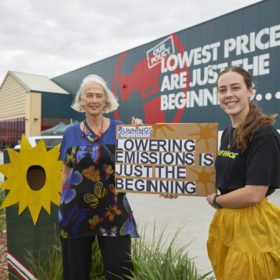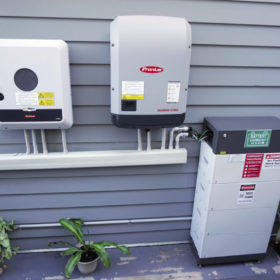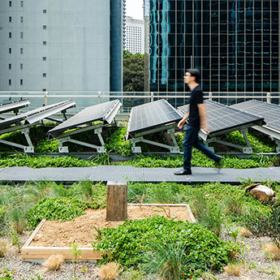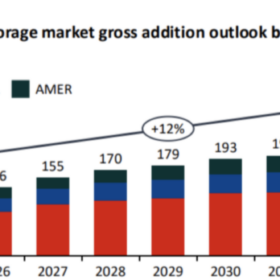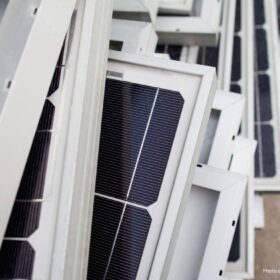IEA report rubbishes Morrison’s gas-led energy plan
An International Energy Agency report led up by Rolf Frischknecht from Treeze in Switzerland and under the joint project management of the University of New South Wales’ José Bilbao has measured the lifecycle emissions of both residential solar PV with battery storage and gas-generated grid electricity. The results are not particularly surprising, only the Morrison Government’s ongoing obduracy is.
Vic Big Battery to unlock renewables
Victoria will be home to one of the world’s largest lithium-ion batteries with the 300 MW / 450 MWh Victoria Big Battery to be constructed on the outskirts of Geelong.
Sonnen to share revenues for grid services with consumers under new plan
Residential battery manufacturer Sonnen has unveiled a new power tariff program which signals a major shift for the Australian market.
TNG establishes vanadium redox flow battery business with an eye to rapid green sector advancement
Australian mining and resource technology company TNG Limited has set up a subsidiary, TNG Energy, to run point on the advancement of its green sector ambitions through the use of its high-purity vanadium pentoxide deposit to make vanadium redox flow batteries for off-grid solutions.
Super-charged: how Australia’s biggest renewables project will change the energy game
Australia doesn’t yet export renewable energy. But the writing is on the wall: demand for Australia’s fossil fuel exports is likely to dwindle soon, and we must replace it at massive scale.
Climate Council says bushfire royal commission findings put solar+storage front and centre
Responding to the findings of the bushfire Royal Commission, the Climate Council have pointed to solar and battery solutions as integral to building a more disaster resilient and decarbonised Australia.
Utility scale agrivoltaic proposal for NSW opens for public exhibition
A utility-scale “integrated agri-solar” farm proposed in southern New South Wales has begun its public exhibition period.
No longer stationery: Officeworks joins slew of businesses committing to 100% renewables
Officeworks jumped on the bandwagon of businesses in Australia committing to 100% renewable electricity in the next five years. Both Bunnings and Officeworks announced their plans in the last week, sparking calls for Target and Kmart, which are also in the Wesfarmers portfolio, to follow suit.
NT’s Home and Business Battery Scheme charging ahead
230 Northern Territory businesses have already received their vouchers for Australia’s most generous energy storage subsidity, the NT’s Home and Business Battery Scheme. The scheme, which is still open for applications until November 30, offers grants of $6,00 to homeowners and business owners to install solar and battery storage, or complement an existing solar system with a battery.
‘Limitless possibilities’ of C&I solar on display at CEC awards
The winners of the Clean Energy Council’s 2020 solar design and installation awards announced today have been applauded as stunning examples of the innovative solutions being deployed in the commercial rooftop solar sector (C&I) as more businesses look to reap the benefits of solar.
